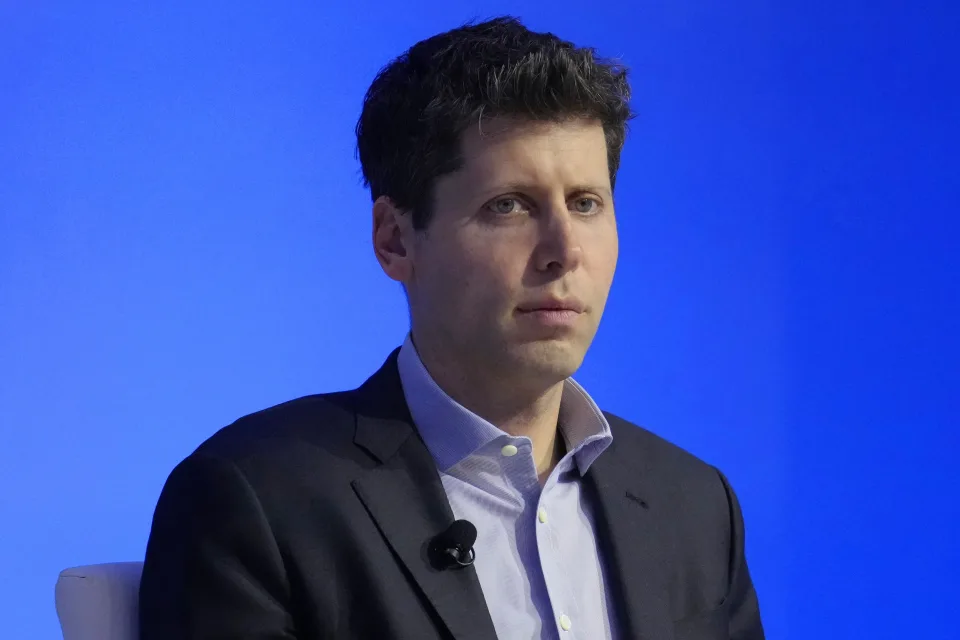During a recent podcast interview, Helen Toner, a former board member of OpenAI who played a role in CEO Sam Altman’s dismissal last year, disclosed that the board had no prior knowledge of the launch of ChatGPT until it was released in November 2022. Toner stated, “The board was not informed in advance of that. We learned about ChatGPT on Twitter.”
These remarks from Toner came just two days after she, along with another former board member Tasha McCauley, criticized OpenAI’s governance in an article they co-wrote for The Economist. This is the first time Toner has publicly addressed the circumstances surrounding Altman’s dramatic removal from the company he co-founded in 2015, as well as his swift reinstatement following employee protests.
According to Toner, who currently serves as the director of strategy at the Centre for Security and Emerging Technology at Georgetown, Altman’s actions have hindered OpenAI’s board from fulfilling its responsibilities. Toner claims that Altman withheld information, misrepresented facts, and even lied to the board on certain occasions. Additionally, Altman kept the company’s ownership structure hidden from the board, failing to disclose his ownership of the OpenAI startup fund. This lack of transparency eroded the board’s trust in Altman, and by October 2023, discussions about the possibility of terminating his position had already begun.
She expressed her dissatisfaction with Altman’s leadership in addressing safety concerns related to AI. She claimed that Altman frequently provided the board with inaccurate information regarding the company’s safety processes, making it difficult for the board to assess the effectiveness of these processes or identify areas for improvement.

In response to inquiries, an OpenAI spokesperson directed Engadget to the statement the company had issued to The TED AI Show. Bret Taylor, the current board chief of OpenAI and co-CEO of Salesforce, expressed disappointment in Ms. Toner’s continued focus on these matters. He stated that an independent review of Altman’s dismissal had determined that the decision was not motivated by concerns regarding product safety or security, the pace of development, OpenAI’s financial situation, or its communications with investors, customers, or business partners.
The exact reasons for Altman’s sudden removal last year remain unclear and have been a topic of intense speculation in Silicon Valley. In March, Altman was reinstated to the board by a group of temporary board members, including Taylor, economist Larry Summers, OpenAI co-founder Greg Brockman, Instacart CEO and former Meta executive Fiji Simo, former Sony executive Nicole Seligman, and former CEO of the Bill and Melinda Gates Foundation Dr. Sue Desmond-Hellmann. An independent investigation conducted by law firm WilmerHale revealed that Toner’s decision to dismiss Altman, along with the rest of OpenAI’s previous Board, was due to a breakdown in their relationship and a loss of trust. WilmerHale also found that Altman was fired abruptly and without the opportunity to respond to the board’s concerns.
Toner’s recent disclosures have added to the ongoing controversies surrounding OpenAI, the company that initiated the modern AI revolution. In the past few days, several safety researchers have departed from the company, openly expressing their disapproval of its leadership. OpenAI has also faced scrutiny for retracting non-disparagement agreements that departing employees were previously required to sign, following an investigation by Vox. Additionally, the company had to address allegations from actor Scarlet Johansson, who accused OpenAI of utilizing her voice for ChatGPT without her consent, despite their denial.
